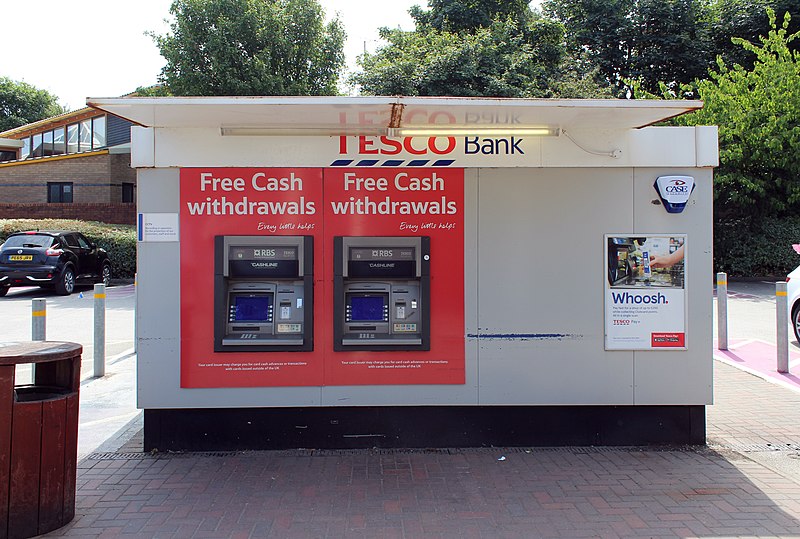
Barclays has finalized a deal to take over Tesco Bank's credit cards, loans, and savings accounts, alongside an agreement to promote Tesco-branded banking services.
Approximately 2,800 Tesco banking employees will transition to Barclays as part of the acquisition.
Tesco has assured its customers that no immediate action is required on their part, as the company will reach out to them in the coming months. The supermarket chain will maintain certain services, such as insurance, ATMs, travel money, and gift cards.
In a partnership spanning an initial term of 10 years, Barclays will market and distribute credit cards, unsecured personal loans, and deposits under the Tesco brand. Following the announcement, Tesco's shares initially rose over 2% before experiencing a slight decline, while Barclays shares saw a modest increase.
Ken Murphy, Tesco's CEO, highlighted the deal's potential to bolster the company's financial position and support the growth of its core retail operations. A significant portion of the proceeds, including a £250m special dividend paid by Tesco Bank to the supermarket group in August last year, will be returned to shareholders.
Additionally, the agreement will enable Tesco to free up £100m tied up for regulatory purposes, contributing to the funds earmarked for shareholder returns. Barclays intends to gradually integrate the acquired business into its operations, with a commitment to collaborating closely with Tesco to assist transferring staff.
Barclays Group CEO C.S. Venkatakrishnan emphasized the strategic importance of the partnership with Tesco, foreseeing opportunities to expand distribution channels for Barclays' lending and deposit businesses. He also highlighted Barclays' expertise in partnership cards, which will complement Tesco's successful Clubcard loyalty scheme.
The deal aligns with Tesco's strategy to divest certain assets requiring significant investment while retaining those with lower capital requirements. Sophie Lund-Yates, lead equity analyst at Hargreaves Lansdown, noted that Tesco's move to streamline its assets reflects a broader trend among grocers to focus on core food businesses amid heightened competition and cost pressures.
The decision by Tesco and Sainsbury's to withdraw from banking underscores the evolving landscape of financial services, with traditional supermarkets pivoting away from banking operations towards their core retail offerings. This shift marks a departure from the initial expectations that supermarkets would disrupt the dominance of traditional high street banks, a role now being assumed by app-based banking challengers like Starling and Monzo. Regulatory constraints and evolving consumer preferences have contributed to this strategic realignment within the retail sector. Photo by Rodhullandemu, Wikimedia commons.


































